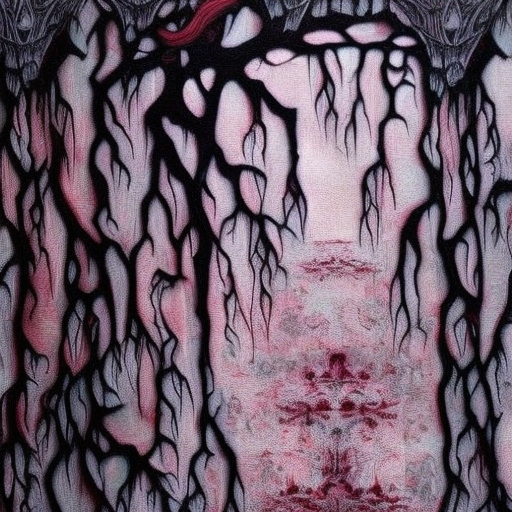The Shining by Stanley Kubrick
One-line Summary:
A struggling writer takes a job as the winter caretaker of the isolated Overlook Hotel, bringing his wife and young son. As the supernatural forces of the hotel begin to possess the writer, his sanity unravels, leading to a terrifying climax.
Main Cast and Crew:
- Director: Stanley Kubrick
- Writer(s): Stanley Kubrick, Diane Johnson
- Key Actors: Jack Nicholson as Jack Torrance, Shelley Duvall as Wendy Torrance, Danny Lloyd as Danny Torrance
- Music Director: Wendy Carlos, Rachel Elkind
- Director of Photography: John Alcott
- Producers: Stanley Kubrick
Plot:
Jack Torrance, a struggling writer, takes a job as the winter caretaker of the Overlook Hotel in Colorado. He brings his wife, Wendy, and their young son, Danny, who possesses psychic abilities known as “the shining.” As the family settles into the hotel, they are warned about its dark past by the head chef, Dick Hallorann, who also shares Danny’s gift.
As the winter progresses, the isolation and supernatural forces of the hotel begin to affect Jack. He becomes increasingly unhinged, experiencing vivid hallucinations and encountering the ghosts of the hotel’s past. The malevolent spirits manipulate Jack’s vulnerabilities, driving him to madness and violence.
Meanwhile, Danny’s shining abilities allow him to see the hotel’s dark history and the horrors that have occurred within its walls. He communicates telepathically with Hallorann, who realizes that Danny and his mother are in grave danger. Hallorann rushes to their aid, but Jack, now fully possessed by the hotel’s malevolence, attempts to kill them.
In a climactic showdown, Wendy and Danny escape from Jack, who succumbs to the hotel’s influence and freezes to death in the snowy maze outside. The film ends with a photograph from 1921, showing Jack at a party in the hotel, suggesting that he has always been a part of its haunting history.
Themes and Motifs:
The Shining explores themes of isolation, madness, and the destructive power of repressed emotions. It delves into the concept of the haunted house, using the Overlook Hotel as a metaphor for the darkness that resides within individuals. The film also examines the cyclical nature of violence and the impact of traumatic events on future generations.
Kubrick employs various motifs throughout the film, including the recurring image of blood, symbolizing violence and the hotel’s dark history. The maze serves as a physical manifestation of the characters’ psychological states, representing the labyrinthine nature of their minds and the impossibility of escape.
Reception and Legacy:
Upon its release in 1980, The Shining received mixed reviews from critics. While some praised Kubrick’s direction and Nicholson’s performance, others found the film slow-paced and lacking in emotional depth. Over time, however, it has gained a cult following and is now regarded as one of the greatest horror films ever made.
The Shining was nominated for several awards, including two Saturn Awards for Best Supporting Actor (Scatman Crothers) and Best Horror Film. Although it did not win any major awards, the film has had a lasting impact on popular culture and has been referenced and parodied in numerous films, television shows, and music videos.
Recommendation:
The Shining is a must-watch for fans of psychological horror and Stanley Kubrick’s unique filmmaking style. It is a chilling and visually stunning exploration of the human psyche, featuring exceptional performances and a haunting atmosphere. However, it is not recommended for those who prefer fast-paced action or jump scares.
Memorable Quote:
“All work and no play makes Jack a dull boy.” – Jack Torrance












